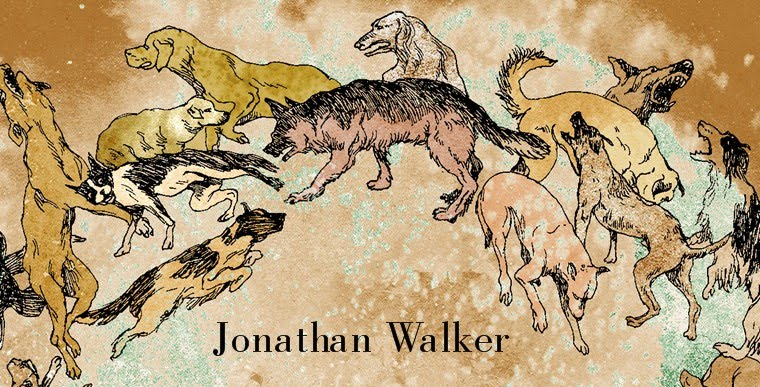In 1977, Robbie Robertson and Martin Scorsese were inseparable. 'I had always been a film buff, and [Scorsese] was a music buff', Robertson recalls. 'When I moved in into the house I brought these huge studio speakers into the living room, and on the other side of the house he turned a bedroom into a screening room. The screen was a whole bedroom wall'. The two men lived in a nocturnal world of parties and cocaine binges, editing The Last Waltz as other priorities allowed, which may explain why the film wasn’t ready for release until early 1978.
On 26 November 1976, the day after The Last Waltz concert took place, the Sex Pistols released their debut single, Anarchy In The UK. In January 1978, the group played their last disastrous gig at San Francisco’s Winterland – the same venue that had hosted The Last Waltz just over a year before. Thus the film’s period of gestation coincided precisely with the rise and fall of the first wave of British punk. Robertson and Scorsese, holed up in their air-conditioned Hollywood bachelor pad, and deprived of all sensory input except an endless succession of old films and albums on looped playback, were probably unaware of this, but the Pistols appropriated and inverted the same ‘end-of-an-era’ rhetoric that underpins The Last Waltz for their own purposes when they declared 1976 to be Year Zero in the history of popular music. It suited both camps to forget that Bob Dylan had already invented punk ten years earlier.
Witness the gig of 17 May 1966 at the Manchester Free Trade Hall, during which Dylan was backed by the future members of The Band. Nothing the Pistols ever recorded matches the savagery with which Dylan attacks the complacency of his own constituency that night; nor did Dylan ever again betray the kind of vulnerability that underlies the violence of his response to the – undoubtedly sincere – cry of ‘Judas!’, which leads inevitably into the final song, Like A Rolling Stone. The lyrics, viewed in the retrospective light of that agonised cry, sound like a pre-emptive series of counter-accusations, while the punchline of the chorus is equal parts identification and vilification; which is to say, it’s an attempt to marshal the creative potential of self-disgust, an attempt that’s only possible because it’s unclear to whom the question is addressed or even whether it’s sincere or rhetorical – unlike the unscripted exchange that opens the song, where the battle lines are very clearly drawn.
The Band weren’t The Band in 1966 of course. Not just because Levon Helm had temporarily absconded, unable to bear the heckling on the American leg of the tour, but also because Dylan doesn’t acknowledge their existence as a unit. In the footage included in Scorsese’s 2005 documentary, No Direction Home, Robertson is frequently visible, as inseparable from Dylan in 1966 as he was from Scorsese in 1977, the chosen confidante whose designated role is to echo Dylan’s self-image back at him. But Rick Danko, Richard Manuel and Garth Hudson barely seem to exist, at least offstage. In concert it’s a different story, but still, the only voice heard from the stage is Dylan’s. Harmonies are strictly surplus to requirements in 1966, so Danko and Manuel literally have no voice, and Robertson isn’t yet so bold as to dare to mouth the words along.
Ten years after Dylan appeared at the Manchester Free Trade Hall, on 4 June 1976, the Sex Pistols played the same venue – although they only merited the ‘B’ stage, the so-called ‘Lesser Free Trade Hall’ upstairs. It was their first significant gig outside London, and was sparsely attended. They appeared again on 20 July, when word of mouth from the first show brought in a much larger audience, and when they performed Anarchy In The UK in public for the first time.
In 1966, the walkouts, boos and slow handclaps were in part arranged in advance, orchestrated by the commissars of the folk clubs, whose understanding of the significance of ‘their’ music was entirely in thrall to hard-left politics. According to the party line, Dylan had prostituted himself by turning his songs into commodities. In retrospect, the opposite argument seems more convincing: that preconceived audience expectations had fetishised Dylan, who was understandably unwilling to accept this state of affairs. How appropriate then that the most succinct dramatisation of this manufactured conflict took place in a venue called the Free Trade Hall.
In 1976, by contrast, the audience at the two Sex Pistols shows had no shared musical tradition and no idea of what to expect, but their response to a group that openly embraced the entrepreneurial spirit was one of ecstatic (self-)affirmation. Legend has it that everyone in the audience formed a band.
'Play it fucking loud!'
This is the only moment of unmediated communication in the Manchester version of Like A Rolling Stone, the only moment that leaves no room for misunderstanding or contradiction. It’s both an imperative and an affirmation. There’s no object, no subject, and therefore no gender: just a lightning bolt of energy that short-circuits all the normal paths of communication, erasing the distinction between monologue and dialogue; between question and answer.
'How does it feel?'





No comments:
Post a Comment